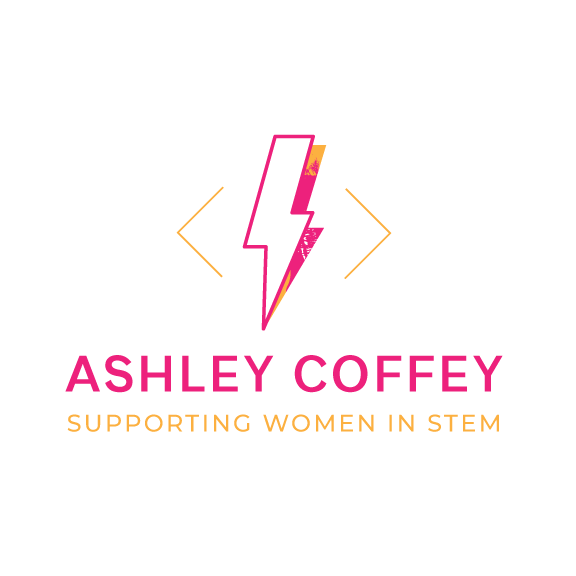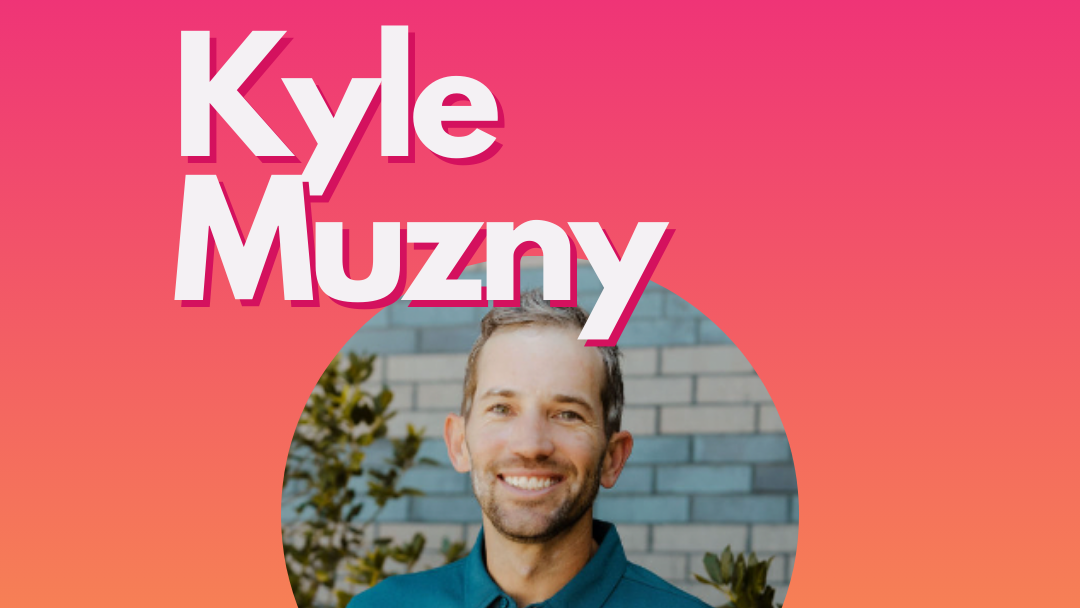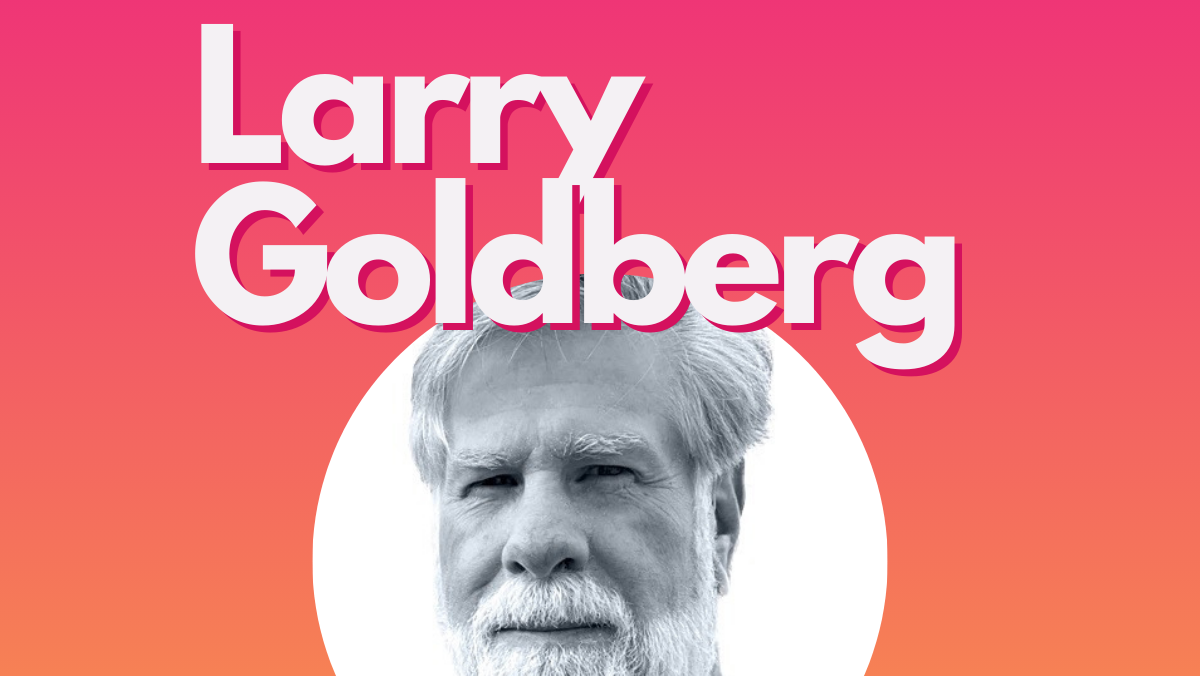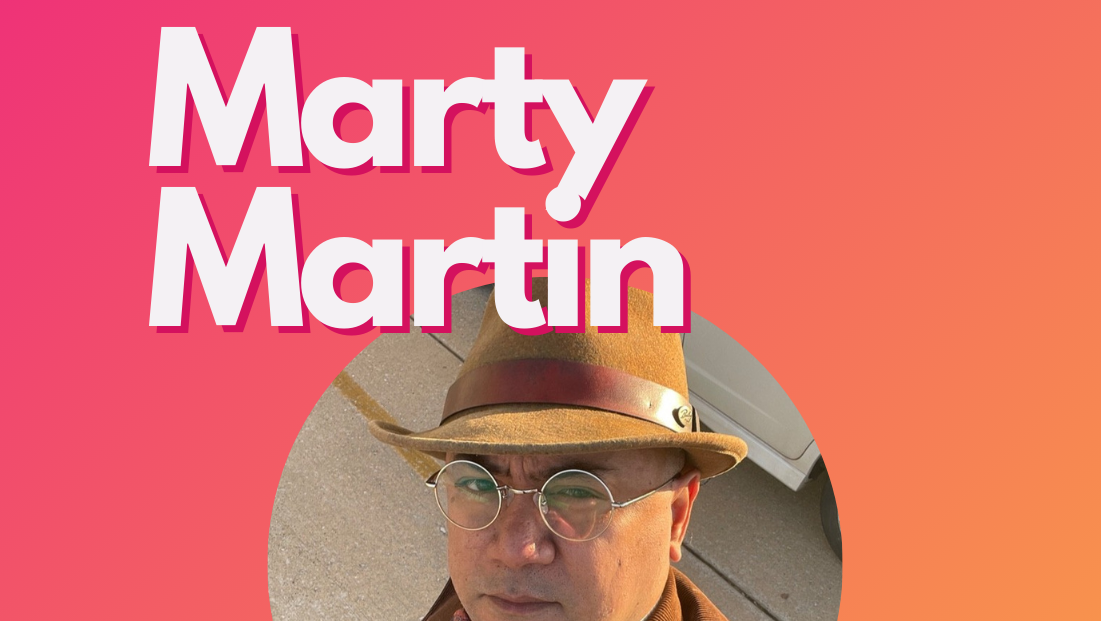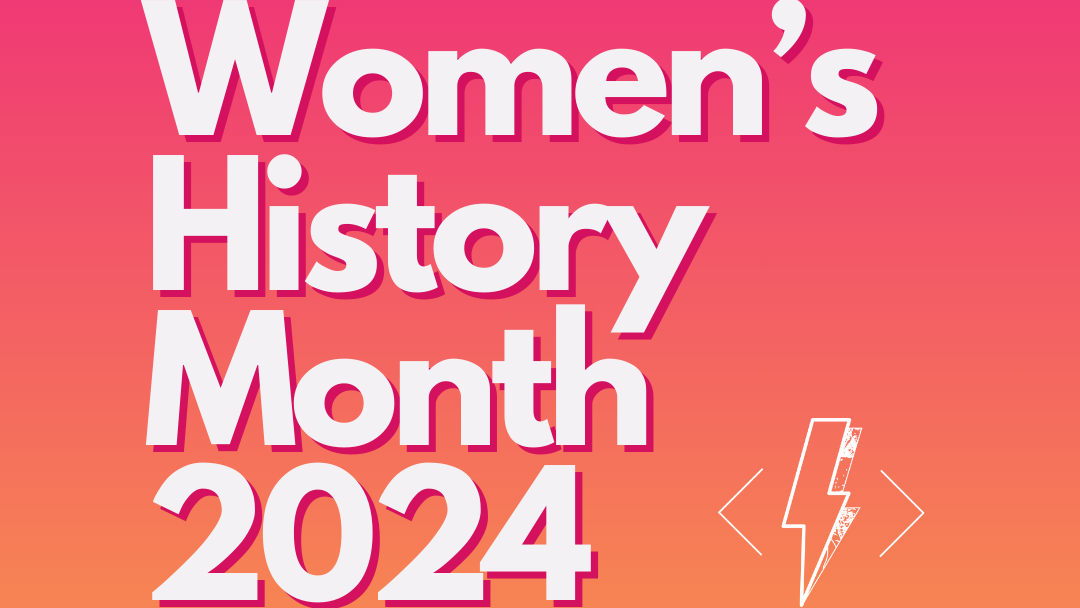In celebration of Women's Equality Day, it's vital to not only recognize the achievements and challenges women face but also to celebrate those who actively foster inclusivity and gender equality, especially in fields where women are still underrepresented.
In our fourth installment of highlighting champions of inclusivity, we are thrilled to feature Matt Cook—a dedicated advocate for diversity in the academic and technological spheres. His commitment to fostering a balanced and inclusive environment extends beyond his professional life, influencing every aspect of his approach to leadership and collaboration. Through his work in higher education and technology, Matt has become a powerful voice for equity, emphasizing the importance of integrating diverse perspectives to create more dynamic and inclusive spaces.
During a recent conversation, Matt discussed the importance of a balanced approach to work and family responsibilities, acknowledging the unique challenges women often face in managing both professional and personal roles. He highlighted the necessity of teamwork in both marriage and workplace environments, advocating for shared responsibilities and flexible work arrangements to better support all employees, particularly those balancing full-time work and family duties.
Matt is deeply aware of the gender biases that can permeate professional environments, including the academic tech sphere, which often reinforces exclusion through technical jargon and homogenous networks. He actively works to combat these biases by engaging in diverse committees and projects that promote a range of voices and perspectives. He also places a strong emphasis on early exposure to STEM fields to reduce intimidation and encourage bravery among women and non-technical individuals, ensuring that everyone feels welcome and capable of contributing to the tech industry.
Moreover, Matt's approach is deeply intersectional, recognizing that gender equality cannot be fully achieved without considering the overlapping factors of race, ethnicity, socioeconomic status, and other identities. His work in public library outreach has opened his eyes to the critical role these community centers play in addressing intersectional challenges, often providing crucial access to technology and resources for underserved populations.
Matt's dedication to fostering inclusivity is evident not only in his professional endeavors but also in his willingness to continually learn and grow. He acknowledges his own blind spots and actively seeks out diverse perspectives, particularly from women collaborators who challenge and expand his thinking. His focus on inclusivity is not just about creating equitable opportunities for women but also about enriching the broader community by valuing a wide array of voices and experiences.
We are grateful to Matt Cook for his ongoing commitment to inclusivity and for his willingness to share his insights and experiences with us. His efforts are a reminder that achieving gender equality requires continuous effort, reflection, and action. By championing diversity and fostering an inclusive environment, Matt sets an example for all of us to follow in our pursuit of a more equitable and inclusive world.
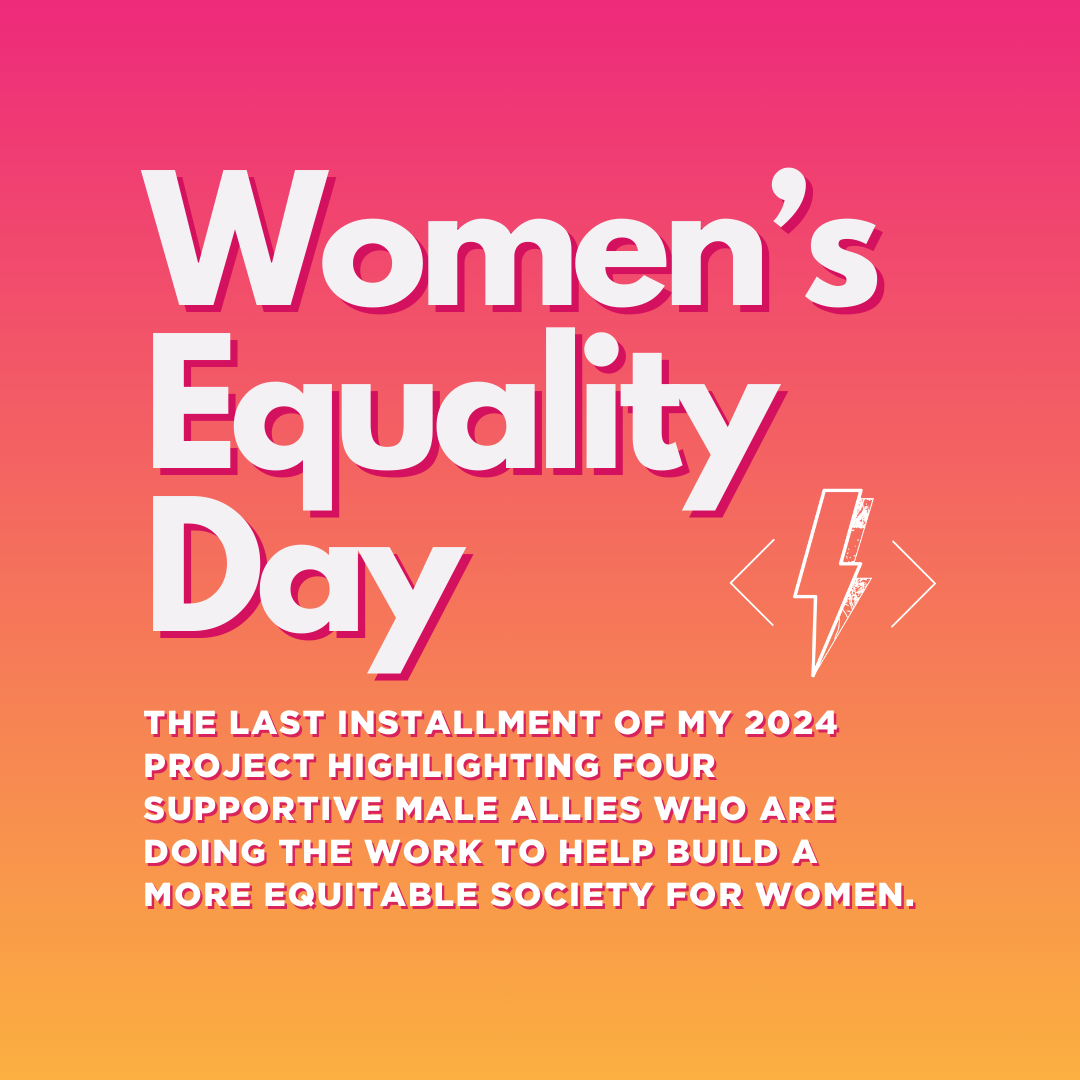
A pink gradient graphic with tex that reads: Women's Equality Day. The last installment of my 2024 project highlighting four supportive male allies who are doing the work to help build a more equitable society for women.

A pink gradient graphic with a photo of Matt Cook smiling and text that reads: Matt Cook, Technologist, Librarian, Father, Explorer, Writer

A pink gradient graphic with a photo of Matt Cook and Ashley Coffey on the steps of Harvard Library and text that reads: Building a more equitable world by challenging gender stereotypes.
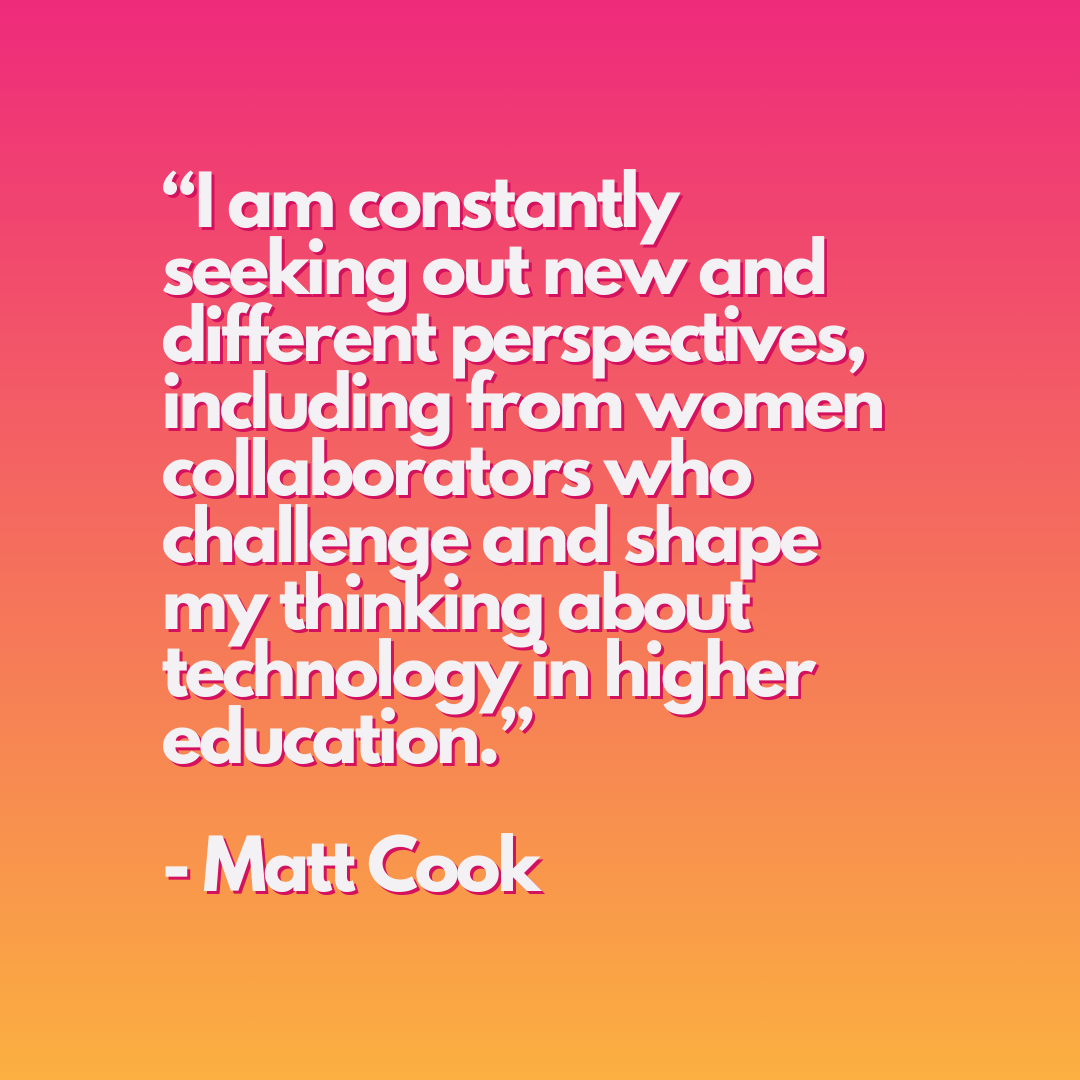
A pink gradient graphic with text that reads: "I am constantly seeking out new and different perspectives including from women collaborators who challenge and shape my thinking about technology in higher education." - Matt Cook
Q: How do you ensure inclusivity and equal opportunities for women in your personal and professional spheres?
A: "Recognizing certain personal and professional "blind spots", I am constantly seeking out new and different perspectives, including from women collaborators who challenge and shape my thinking about technology in higher education."
Q: How do you perceive the current state of gender equality in our society? Can you share an instance where you witnessed or became aware of gender-based discrimination?
A: "It's no surprise that - the academic tech sphere where I work - there are cliques and networks that are (or are perceived as) homogenous, gender-wise. Unfortunately, technical jargon and esoteric membership traditions often reinforce exclusion, despite obvious qualification."
Q: How do you challenge or combat gender stereotypes in your daily life?
A: "I am careful to commit time to diverse committees, projects, and professional organizations, ensuring that new and differing perspectives on a daily (or hourly) basis. By exposing myself to different networks of individuals, I can cross-pollinate differing values, thereby combatting gender stereotypes, among other prejudices."
Q: How do you recognize and address the intersectionality of gender with other aspects of identity, such as race, ethnicity, and socioeconomic status? Can you share an experience where you considered the intersectional aspects of a women's issue?
A: "My time supporting outreach activities in public libraries has opened me up to the range of intersectional challenges faced by the community. Outside of higher-ed, even basic IT infrastructure is often unavailable, except to certain socioeconomic tiers. Libraries, then, represent the front line of intersectional gender issues, a point that is often overlooked."
"Ashley Coffey is a superstar whose commitment to the wider tech community sets her apart. It's an honor to have contributed a small part to her professional journey."
Thank you to Matt Cook for volunteering his time and energy to participate in this unique and special project!
